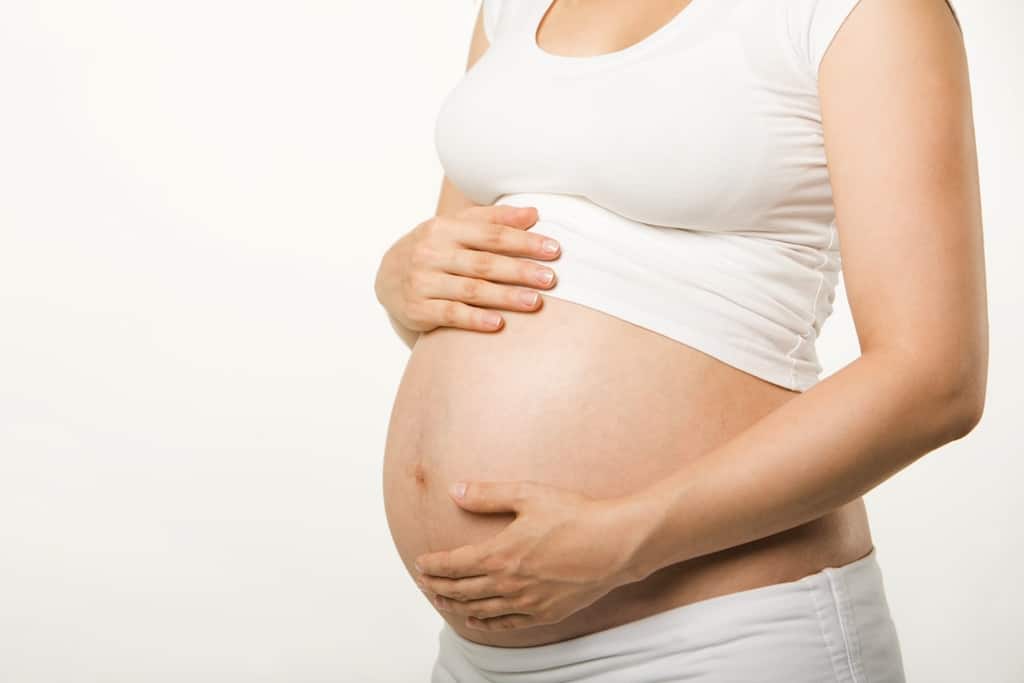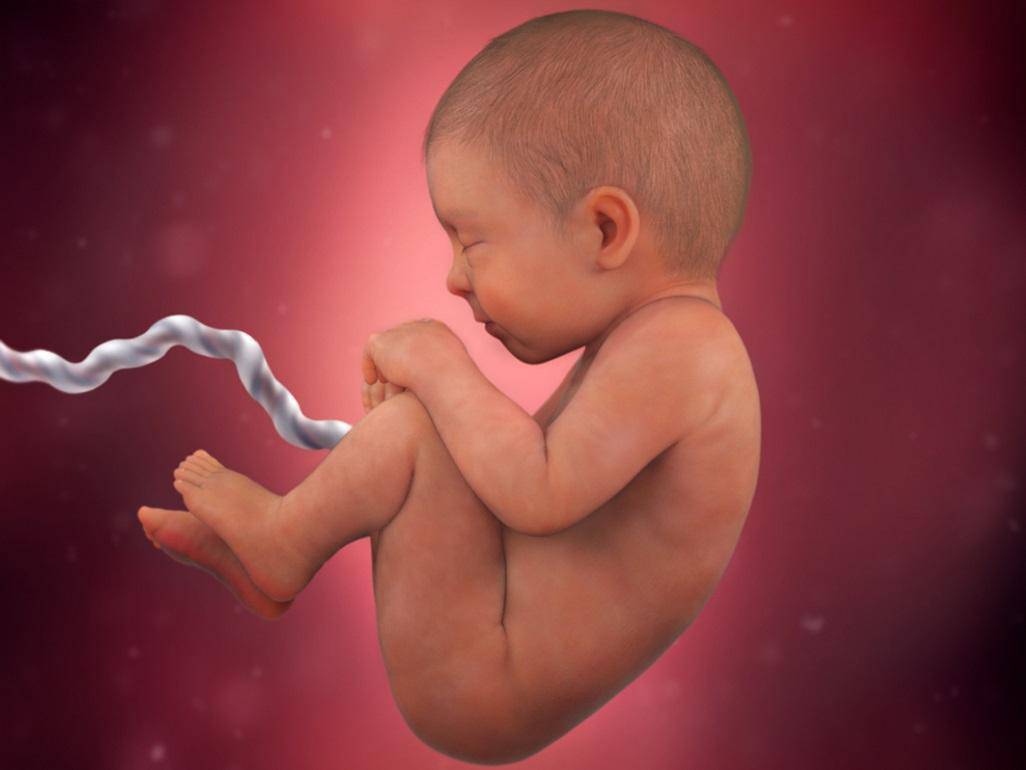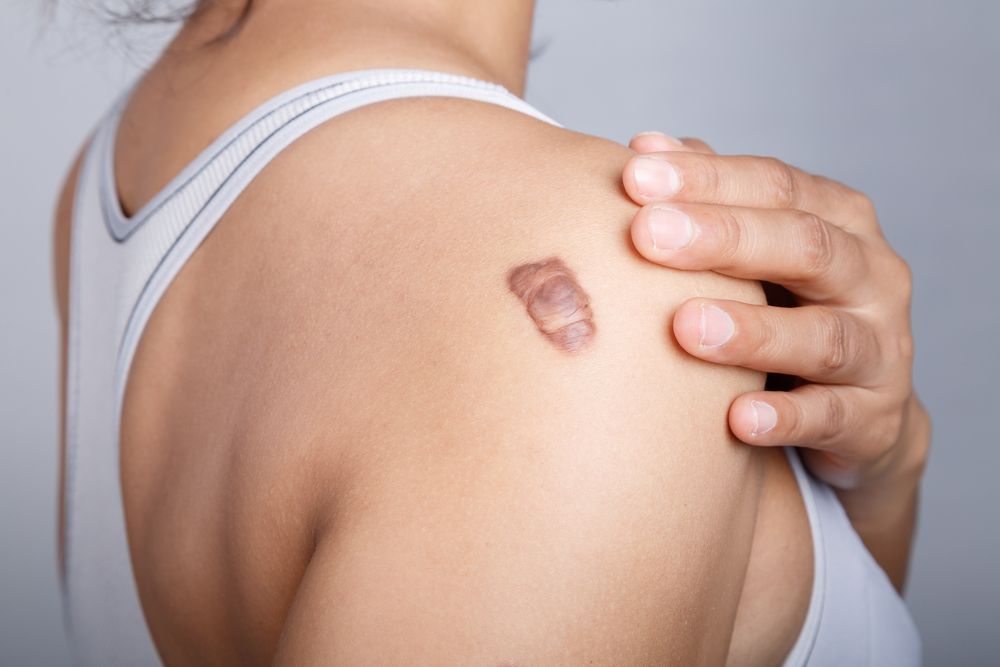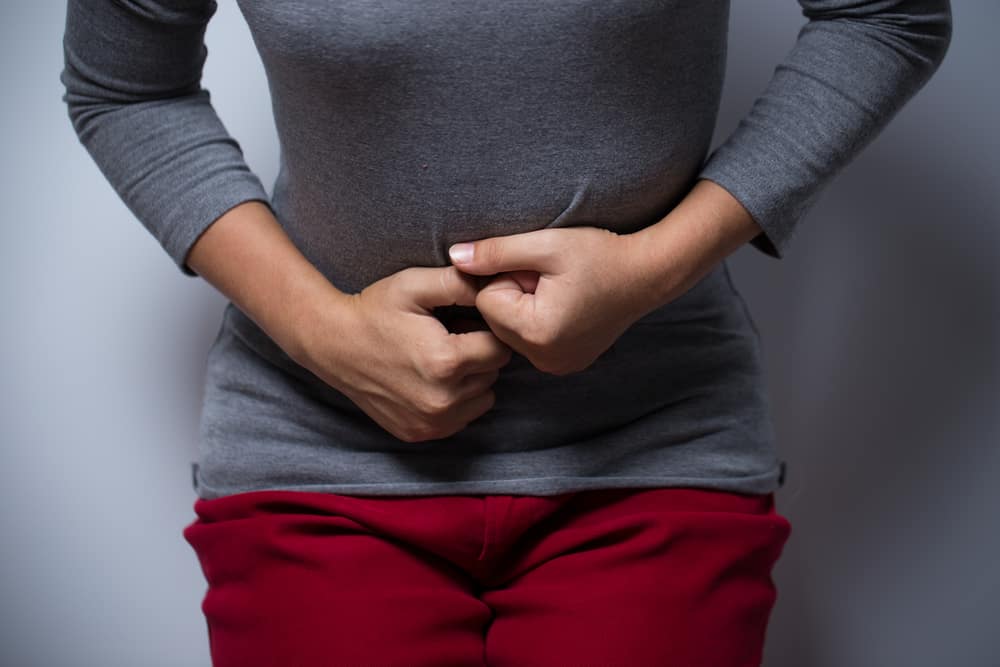Contents:
- Medical Video: Parotid Surgery Animation | Overview of Minimally Invasive Parotidectomy
- What is the thyroid gland?
- What should I do before undergoing surgery?
- What complications can occur?
Medical Video: Parotid Surgery Animation | Overview of Minimally Invasive Parotidectomy
Definition
What is the thyroid gland?
The thyroid gland is a gland in the neck that produces the thyroxine hormone which plays a role in regulating the body's metabolism. This gland can enlarge and this condition is called the goiter / goiter.
What are the benefits of this operation?
Removal of the enlarged gland will restore the beauty of the neck. In addition, this operation is useful for preventing or healing the respiratory system and difficulty swallowing.
Prevention & warning
What should I know before undergoing thyroidectomy for goiter?
Most multinodular goitre euthyroids do not always require surgery or medical therapy. Thyroid ultrasound can periodically monitor the condition of the patient's lump. Larger multinodular goiters require an MRI or CT scan to assess thyroid size and exclude tracheal compression. The right treatment for toxic multinodular goitre is by biopsy of suspicious nodules or surgical excision, then followed by radio-iodine therapy. Surgery is intended for simple cases of goiter if:
● clinical or radiological evidence of compression of the surrounding structures, especially the trachea, is found
● found a sub-external goiter. Surgery must be done because a biopsy is difficult and clinical monitoring without a CT or MRI scan is not possible
● goiter continues to grow
● for aesthetic reasons - for example, the size of large or unsightly bumps
Process
What should I do before undergoing surgery?
In the surgical preparation stage, make sure you tell your doctor about your health condition, the medications you are taking, as well as all kinds of allergies you have. The anesthesiologist will explain the anesthesia procedure and give further instructions. Make sure you follow all doctor's instructions, including a ban on eating and drinking before surgery. In general, you are required to fast for six hours before the surgery is carried out. However, you may be allowed to drink drinks like coffee a few hours before surgery. To anticipate the possibility of postoperative laryngeal nerve damage, the patient's vocal cords should also be examined before thyroid surgery. Intraoperative nerve monitoring during thyroid surgery is highly recommended, especially for more complex surgeries such as surgery and surgery on large thyroid glands.
What is the procedure for thyroidectomy for goiter?
This operation is carried out under general anesthesia and usually takes 90 minutes to two hours. The surgeon will make an incision in the neck on one of the folds of the skin, then remove some or all of the thyroid gland.
What should I do after undergoing thyroidectomy for goiter?
After surgery, you are allowed to go home after one to two days. The wound may recover after two weeks and you can return to work and activity. Regular exercise is also proven to accelerate the healing process. But before deciding to exercise, you should ask for a doctor's advice. Usually, you will receive a scheduled visit to the next clinic. The surgeon will discuss the treatment or further treatment that you may need.
Complications
What complications can occur?
Possible complications after thyroid surgery include:
● minor complications such as the presence of serous fluid (if the size is small and without any symptoms, this can heal itself. But if the size is large, single aspiration may be needed) and poor scar formation
● bleeding, which can cause tracheal compression
Repeated laryngeal nerve injury:
● people with unilateral vocal fold paralysis experience postoperative hoarseness
● sound changes may not appear for days or weeks
● unilateral paralysis can heal by itself
● bilateral vocal fold paralysis can occur after a total thyroidectomy procedure, and usually appears shortly after extubation
● vocal cords remain in the paramedian position, causing partial airway obstruction
● hypoparathyroidism: the resulting hypocalcemia may be permanent but is usually temporary. the cause of postoperative temporary hypocalcaemia is still unknown
● thyrotoxic storm: is a complication that rarely occurs postoperatively, but potentially deadly
Superior laryngeal nerve injury:
● external branches provide motor function to the cricothyroid muscle
● trauma to the nerves causes the inability of the vocal cords to elongate to produce high-pitched sounds
● external branches are the nerves most often injured in thyroid surgery
● most patients are unaware of changes in their vocal cords. however, his career as a professional singer might end
● infection: occurs in 1-2% of all cases. Perioperative antibiotics are not recommended for thyroid surgery
● hypothyroidism
● damage to the sympathetic stem can occur but rarely.
You can reduce the risk of complications by following the doctor's directions before surgery, such as fasting and stopping taking certain drugs.
Hello Health Group does not provide medical advice, diagnosis or treatment.











